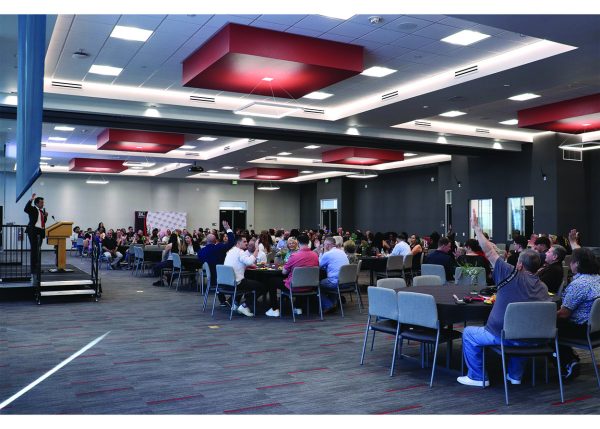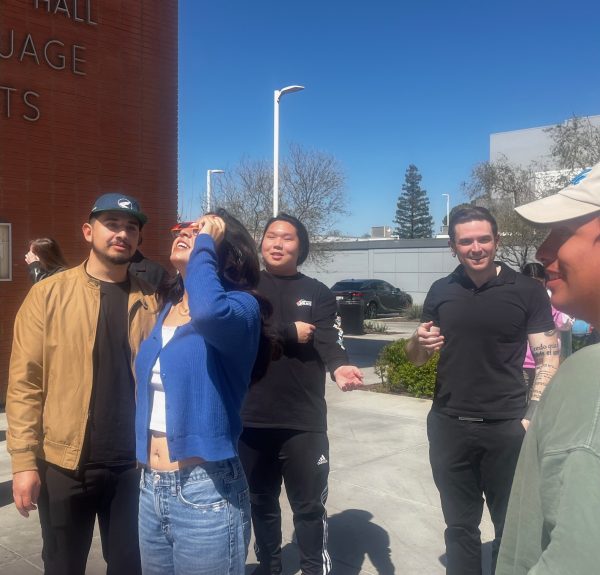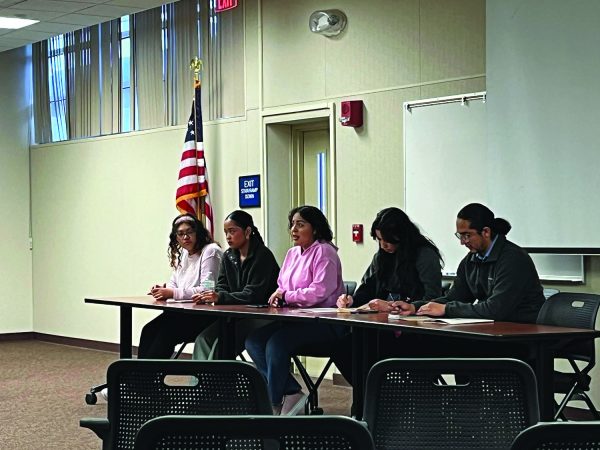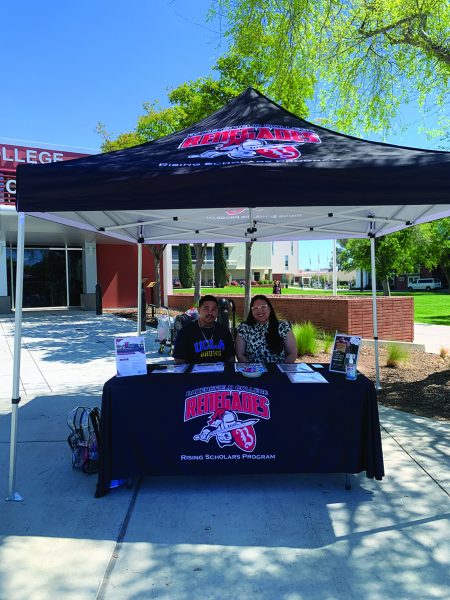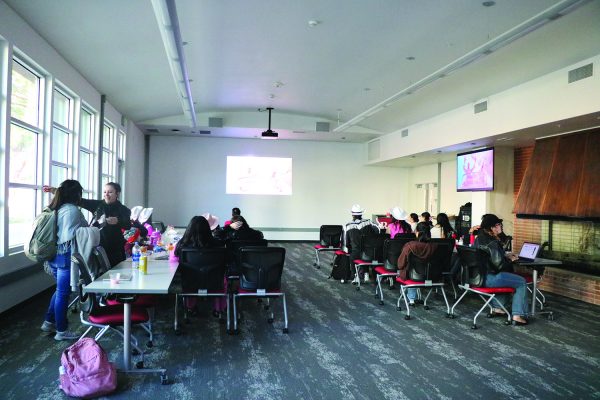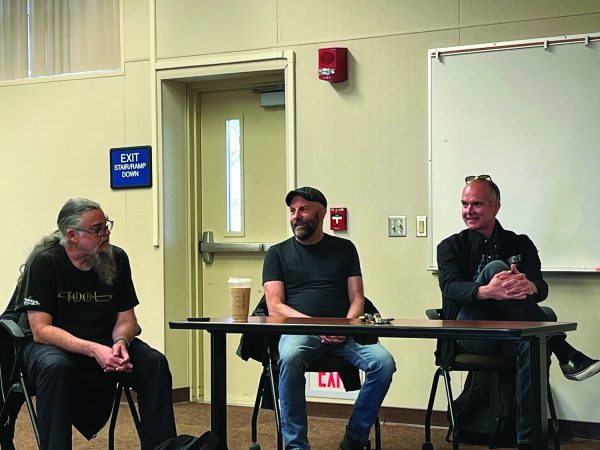Minimum wage increase will bring robots and money
February 17, 2016
Twenty years from now, strolling into your favorite fast food joint, nothing unusual happens until you go up to the register and encounter a bizarre employee.
Instead of the stereotypical pimple-faced fast food worker, you’re faced with the oddity of giving your order to a robot.
Michael Harvath, an economics professor at Bakersfield College, predicted robot employees in the U.S. in the long-term if minimum wage increases.
Employers will eventually choose to buy robots instead of hiring employees, said Harvath.
Harvath stated, “Robots are coming. It just depends on how fast they get here.”
Harvath related the robots in regards to California minimum wage, which increased from $9 an hour to $10 an hour, effective since Jan. 1, 2016.
Harvath delved into the futuristic possibilities of cheaper alternatives to the American worker.
Big companies may choose to go that route because of inflating costs in labor and production.
Automation has already replaced workers in factories and production in Japan.
In 2017, the world’s first robot farm is set to open and is expected to be able to churn 30,000 heads of lettuce a day.
The Henn-na Hotel in Japan has already instituted robot workers that consist of luggage bots that will assist guests to their rooms and even help wheel their suitcases for them.
Gaius Ives, a social studies teacher at Vista West High School, observed on his vacation in January the long lines at McDonalds in California restaurants in comparison to Iowa, where minimum wage is much lower.
He commented further that the fast food and other service industries will be forced to make cutbacks in hiring in order to save money.
Those cutbacks would inspire creative and cost effective gimmicks, like ordering kiosks in the dining room.
The wage increase has positive intentions for workers as well as the economy. Ives simplified how the minimum wage is beneficial to our economy, “More money more spending.”





